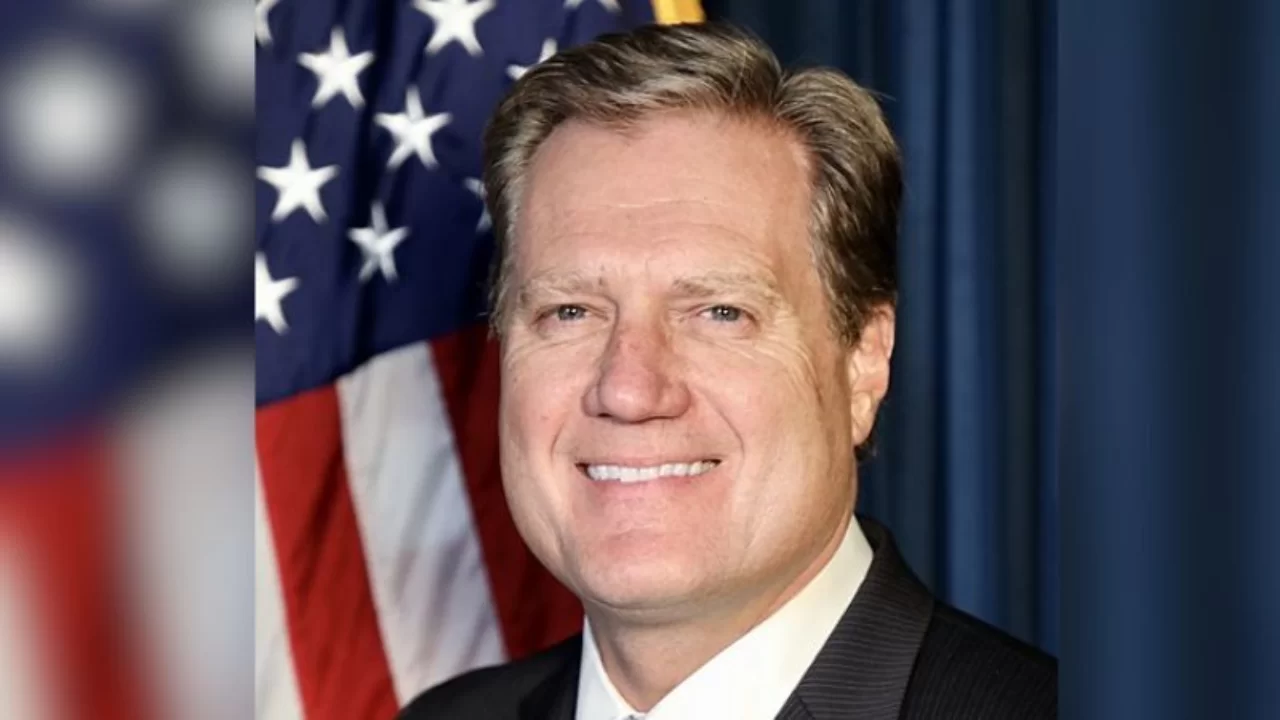Congressman Michael R. Turner | Michael R. Turner Official Website
Congressman Michael R. Turner | Michael R. Turner Official Website
WASHINGTON, D.C. – Congressman Mike Turner (OH-10) has joined forces with Congressman Randy Feenstra (IA-04) and 162 other members of the House of Representatives to cosponsor the bipartisan Death Tax Repeal Act. This legislation aims to permanently repeal the estate tax and generation-skipping transfer taxes.
In support of the bill, Congressman Turner expressed his concern about the additional tax burdens faced by grieving families. He stated, "No one grieving the loss of a loved one should be forced to deal with additional tax liabilities from Washington." He emphasized the need to eliminate punitive expenses imposed by federal tax laws and ensure that family-owned businesses and farms are not unfairly punished.
Congressman Feenstra, the lead sponsor of the Death Tax Repeal Act, highlighted the detrimental impact of the death tax on Iowa families. He explained, "The death tax represents double taxation at its worst. Iowa families grieving the loss of a loved one should not face an enormous tax bill from the federal government just to continue the family tradition of farming or keep their small business open and operational." He emphasized the importance of permanently repealing the death tax to support hardworking families, farmers, and small businesses, and to strengthen family-owned-and-operated enterprises in Iowa.
The Death Tax Repeal Act seeks to address the challenges faced by family-owned businesses, farmers, and ranchers when they experience the death of a loved one. Currently, these families not only have to cope with the emotional hardship of losing a family member but also receive a letter from the IRS informing them of a hefty tax payment. This surprise tax often jeopardizes the continuity of the family business, adding financial insecurity to the burden of grief.
The majority of farms and ranches in the United States, along with small businesses, are owned by individuals and families. Under the current tax laws, these multigenerational businesses are at risk of being unable to support their families due to the devastating tax imposed upon the death of a family member. The Death Tax Repeal Act aims to alleviate this burden, allowing these businesses to continue their operations and provide for future generations without the fear of a hefty tax bill.
The full text of the Death Tax Repeal Act can be accessed here.
This bipartisan effort to repeal the estate tax and generation-skipping transfer taxes reflects a commitment to supporting American families, farmers, and small businesses. By eliminating the death tax, policymakers hope to create an economic environment that empowers individuals to build wealth and pass the fruits of their labor on to future generations.
###


 Alerts Sign-up
Alerts Sign-up